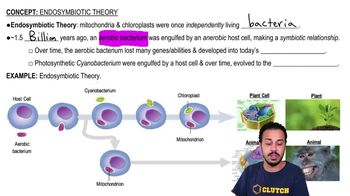Systems biology is mainly an attempt to
a. Analyze genomes from different species.
b. Simplify complex problems by reducing the system into smaller, less complex units.
c. Understand the behavior of entire biological systems by studying interactions among their component parts.
d. Build high-throughput machines for the rapid acquisition of biological data.




